
In this episode, we talk about the short-term and long-term goals of keeping school facilities clean amidst the COVID-19 pandemic.
The organization is calling IIE Network Member institutions to nominate international students who are not able to return to their home countries over the summer due to COVID-19 for a grant of up to $2,500.
Boston University is planning for the possibility that the fall term might have to be delayed and instead reopened in January 2021.
New Jersey Governor Phil Murphy announced the indefinite halt to non-essential construction, effective April 10 at 8 p.m. The new executive order tightens restrictions to prevent the spread of COVID-19.

Ideally every institution would be prepared for teaching continuity before an incident occurs. The following recommendations can be helpful even if your institution is already in the midst of a switch to remote teaching.
The Cleaning Industry Research Institute (CIRI) will host an all-day online science symposium focused on coronavirus cleaning and pandemic response on March 31.
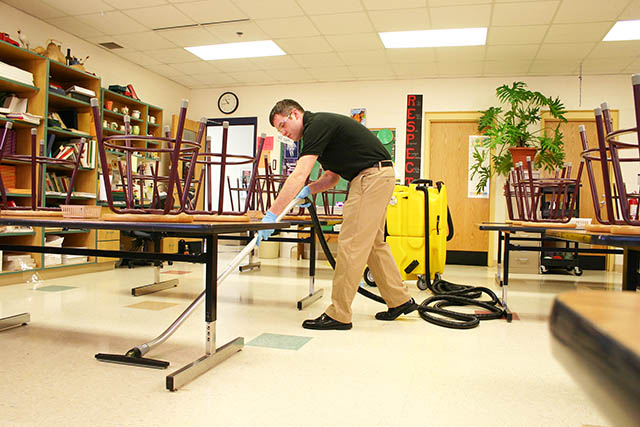
School and campus administrators throughout North America are very concerned about coronavirus and its impact on their facilities, students, teachers and staff. And there is good reason.
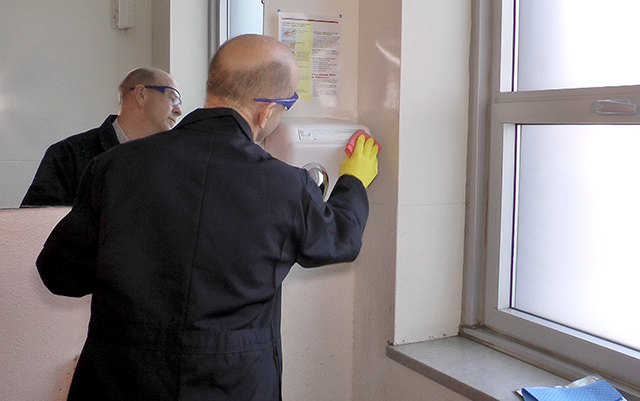
As coronavirus concerns mount, what should administrators and cleaning professionals know?
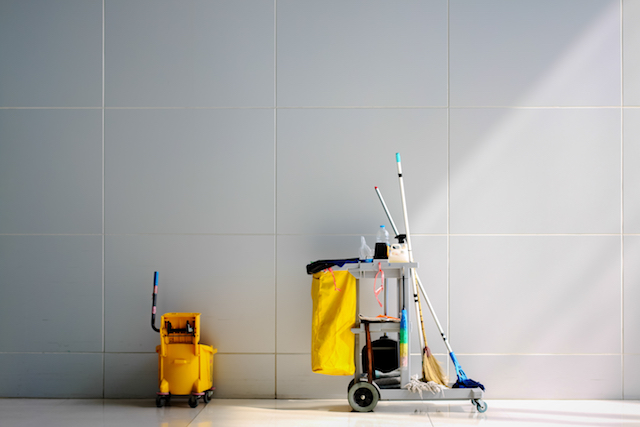
<em>Spaces4Learning</em> has several resources on best practices for cleaning and sanitizing schools and maintaining healthy schools during peak flu season, which can be applied to the coronavirus. Here you'll find our top articles and a webinar on the subject to help you combat the spread of coronavirus.
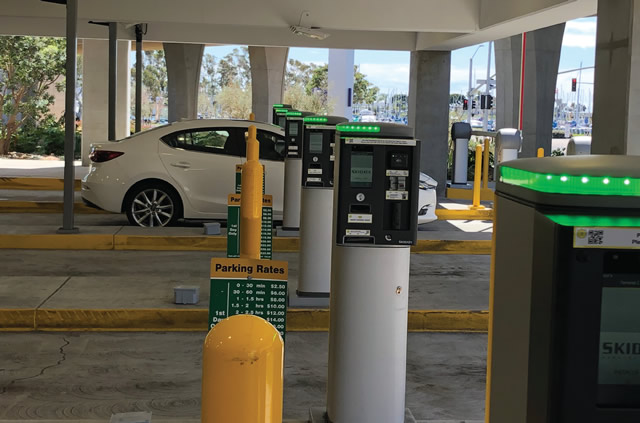
Frictionless parking can promote public health by dramatically reducing the number of common touch-points within a garage or parking lot.
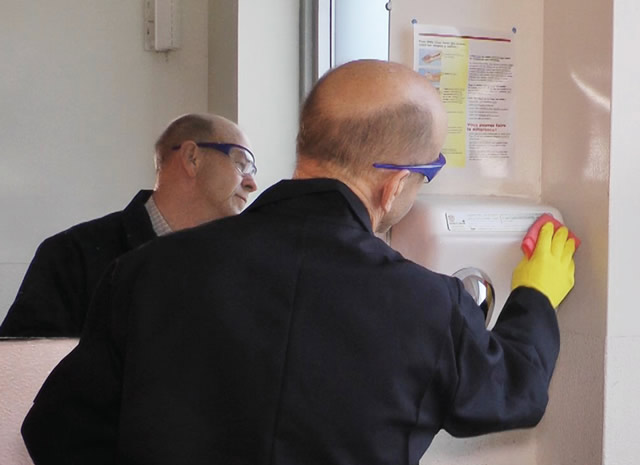
Issues impacting the ability and training of cleaning contractors vary in different settings and situations. However, all of them must be overcome, and urgently, if we are going to get on top of the COVID-19 situation.
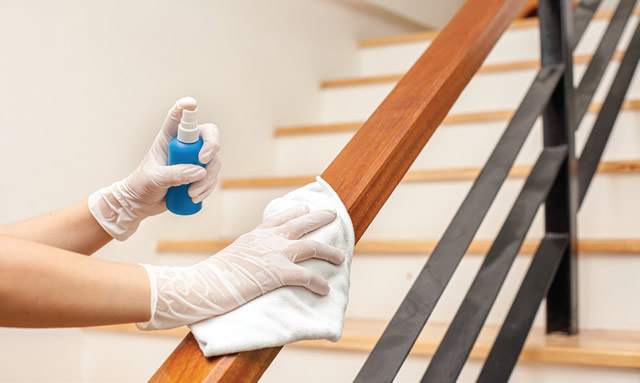
Custodial workers must modify cleaning practices and behaviors to help reduce COVID-19 risks, not only for a building’s occupants, but especially for themselves.
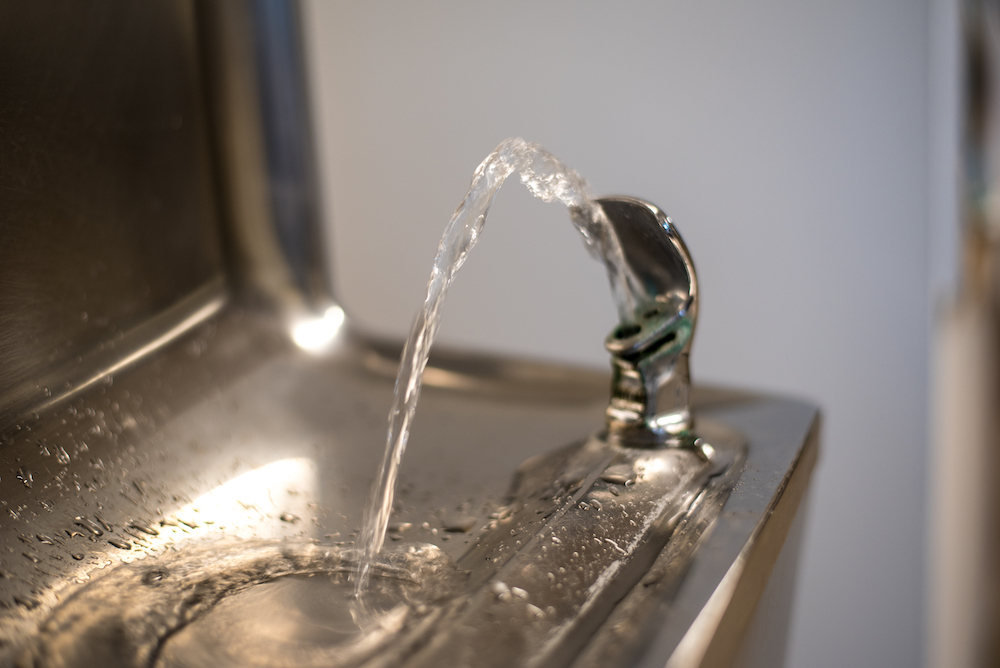
Currently, only 15 states require public school districts to test for lead in drinking water — and when they do test, many are well above the EPA’s action level of 15 parts per billion. Unfortunately, what this means is that nearly half of all U.S. students go to schools in states that do not have specific programs for testing drinking water.
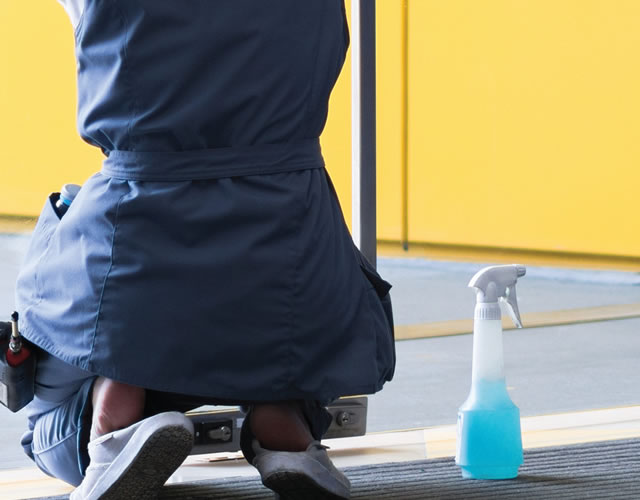
Can more effective cleaning reduce student absenteeism? The evidence seems to say that it can.
University of Arkansas researchers hope their look at the innovative use of cross-laminated timber panels can influence future use of the materials.
On the campus of the University of California, Berkeley, Chou Hall is a leading example of the practice of sustainable development.